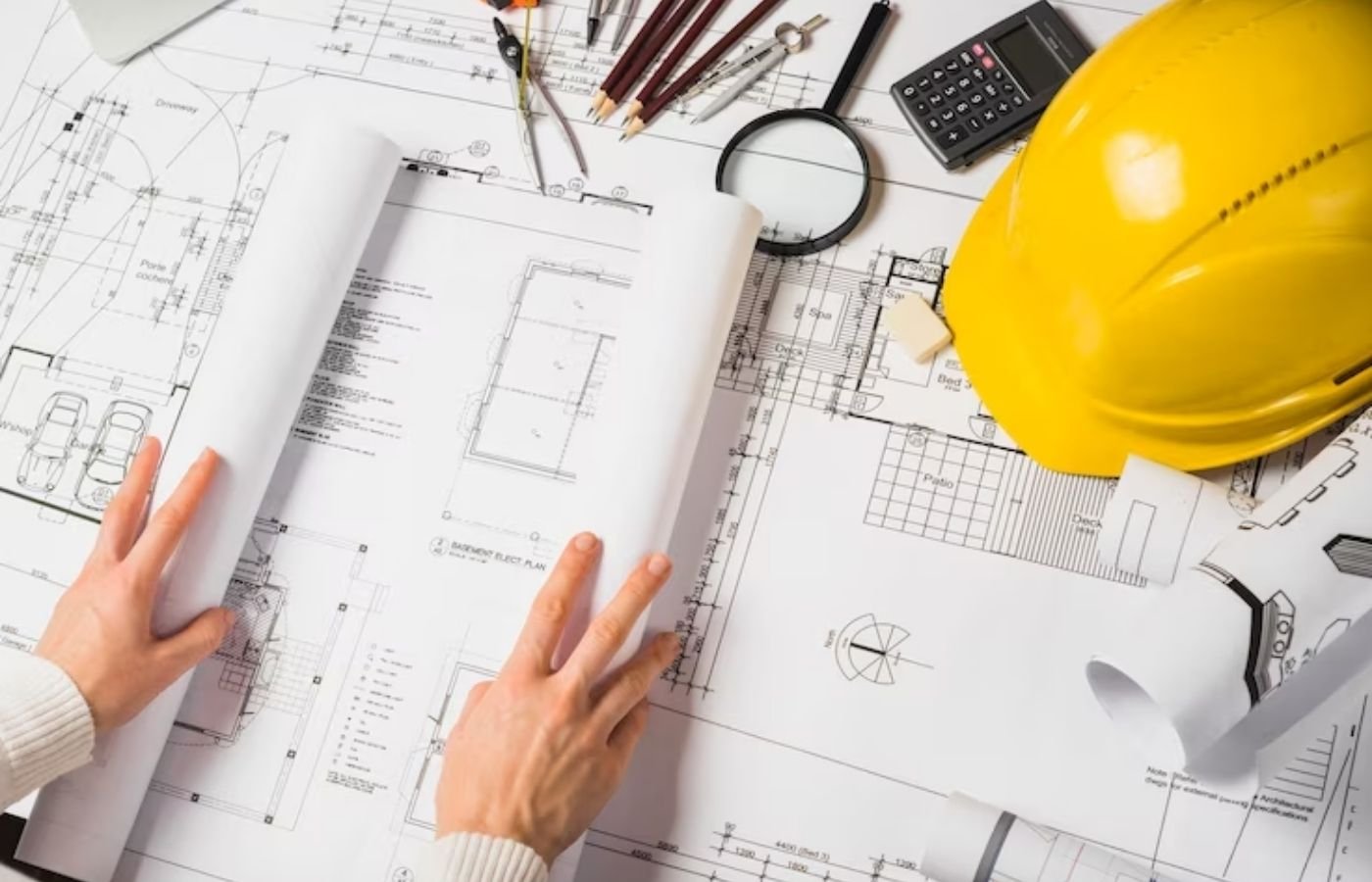When it comes to buying or selling a home, understanding the factors that can affect the value of your home is essential.
The value of a home is determined by a variety of factors, including location, condition, amenities, and market forces. In this article, we will explore the different factors that can affect the value of your home, from the obvious to the more obscure. We will also discuss how to maximize the value of your home in order to get the most out of any sale.
With a better understanding of the factors that can affect the value of your home, you can make better decisions about buying or selling a home.
Neighborhood Comps
Ladies and gentlemen, have you ever wondered what your home is worth? Well, one of the best ways to find out is by looking at the sale prices of similar homes in your neighborhood, these homes are like the “Avengers” of real estate, they’re referred to as “comps”.
It doesn’t matter if it’s a home appraisal, a comparative market analysis done by an agent, or an Opendoor evaluation, most real estate experts will rely on comps as a superhero relies on their powers.
Think of it like a game of real estate copycat, you want to make sure your home is in the same league as the others in your neighborhood. So, before you put your home on the market, make sure you check out the comps.
In short, the sale prices of similar homes in your neighborhood, also known as “comps” are one of the best indicators of your home’s value, and most real estate experts will rely on them to estimate the value of your home.
Location
Your current home may be your personal paradise – but when it comes to determining its value, appraisers have different priorities. They take into account three main factors, according to Inman:
- The quality of local schools – your home’s value may be higher if it’s close to good schools.
- Employment opportunities – proximity to job opportunities can influence a home’s value.
- Proximity to shopping, entertainment, and recreational centers – having easy access to these amenities can also make your home more valuable.
These factors can explain why some neighborhoods are more expensive than others. Furthermore, the location’s proximity to highways, utility lines, and public transit all impact a home’s overall value. When it comes to calculating a home’s worth, location can be even more crucial than the size and condition of the house.
So, when appraisers are determining the value of your home, remember that location is key.
Home Size and Usable Space
When it comes to determining your home’s market value, size matters. A bigger home can significantly impact its valuation.
The value of a home is usually estimated in price per square foot, which is the sales price divided by the square footage of the home. For example, if a 2,000-square-foot house sells for $200,000, the price per square foot would be $100. But keep in mind, the price buyers will pay per square foot can vary greatly depending on where you’re buying.
In addition to square footage, the usable space of a home is also important in determining its value. Garages, attics, and unfinished basements are generally not counted in usable square footage. So, if you have a 2,000-square-foot home with a 600-square-foot garage, that’s only 1,400 square feet of livable space.
Livable space is what’s most important to buyers and appraisers. Bedrooms and bathrooms are highly valued, so the more of them your home has, the higher its value is generally. However, it’s worth noting that these trends can vary greatly depending on the location.
Age and Condition
Typically, newer homes are valued higher in appraisals. The fact that key parts of the house, like plumbing, electrical, the roof, and appliances are newer, implies less likelihood of breakdowns and generates savings for a buyer.
For instance, a roof with a 20-year warranty can save an owner a lot of money over the next two decades, compared to an older home that may need a roof replacement in just a few years. According to HomeAdvisor, the average cost to replace or install a roof in 2019 is just under $8,000.
Many buyers are willing to pay a premium for a move-in-ready home. This is why most buyers include an inspection contingency in their contract, they want to negotiate repairs to avoid any major expenses following the sale.
Our home maintenance and repair checklist can help you identify key areas of your home to inspect before selling. And if you want to sell your home and skip repairs altogether, learn how the process works with Opendoor.
Upgrades and Updates
Updates and upgrades can increase your home’s value, especially in older homes that may have outdated features. However, not all home improvement projects have the same impact.
The impact of a project or upgrade depends on the market you’re in, and your existing home value. For instance, based on data from our home improvement value calculator, a finished basement in Portland is 5x more valuable than finishing a basement in Atlanta, that’s a roughly 13% increase on the median home value compared to 2.5% respectively.
Additionally, some projects like adding a pool or wood floors tend to have a bigger impact on more expensive homes, while projects like a kitchen remodel or adding a full bathroom tend to have a bigger impact on less expensive homes.
The Local Market
Even if your home is in impeccable condition, in a prime location, with luxurious upgrades, the number of other properties for sale in your area and the number of buyers in the market can affect your home value. If there are a lot of buyers competing for fewer homes it’s a seller’s market. Conversely, a market with few buyers but many homes on the market is referred to as a buyer’s market.
If you’re buying in a buyer’s market, you’ll likely have more room to negotiate on the home’s price, timeline, and contingencies in the contract. But if you’re selling in a buyer’s market, you may have to adjust the price to attract more offers or be willing to make concessions to a buyer, such as paying closing costs, covering repairs, or being more flexible with the timeline.
Additionally, market conditions can affect how long it takes your home to sell. In a seller’s market, homes tend to sell quickly, whereas in a buyer’s market, it’s typical for homes to see longer days on market (DOM). DOM is a real estate statistic that indicates how long homes are actively listed before a contract is signed.
If your home has been on the market for a longer period of time, buyers may assume there is something wrong or that the price is too high.
Economic Indicators
The overall economy can have a big impact on a person’s ability to buy or sell a home, so during economic downturns, the housing market can become more challenging.
For example, if employment or wage growth slows, fewer people might be able to afford a home or there may also be fewer opportunities to relocate for new job opportunities.
It’s important to stay informed about the current state of home sales and home price appreciation in your area, especially when deciding when to sell your house.
Interest Rates
Interest rates, both short-term and long-term, play a role in determining the affordability of a home. A rise in short-term interest rates may lead to an increase in the interest on your savings, but it also makes short-term debt, such as credit cards or short-term loans, more expensive.
This can impact your budget, leaving less money available for purchasing a home.
However, it’s important to note that short-term interest rates don’t directly affect long-term interest rates.
So an increase in the Federal Funds rate doesn’t necessarily mean that a 30-year fixed-rate mortgage will become more expensive. Long-term rates are influenced by a variety of factors such as Department of the Treasury yields, investor sentiment, and inflation rates.
In general, as interest rates increase, fewer people may be able to afford homes, which can have an impact on home prices and how much you can sell your home for. To learn more about the relationship between interest rates and home ownership, you can check out our blog on the topic.















